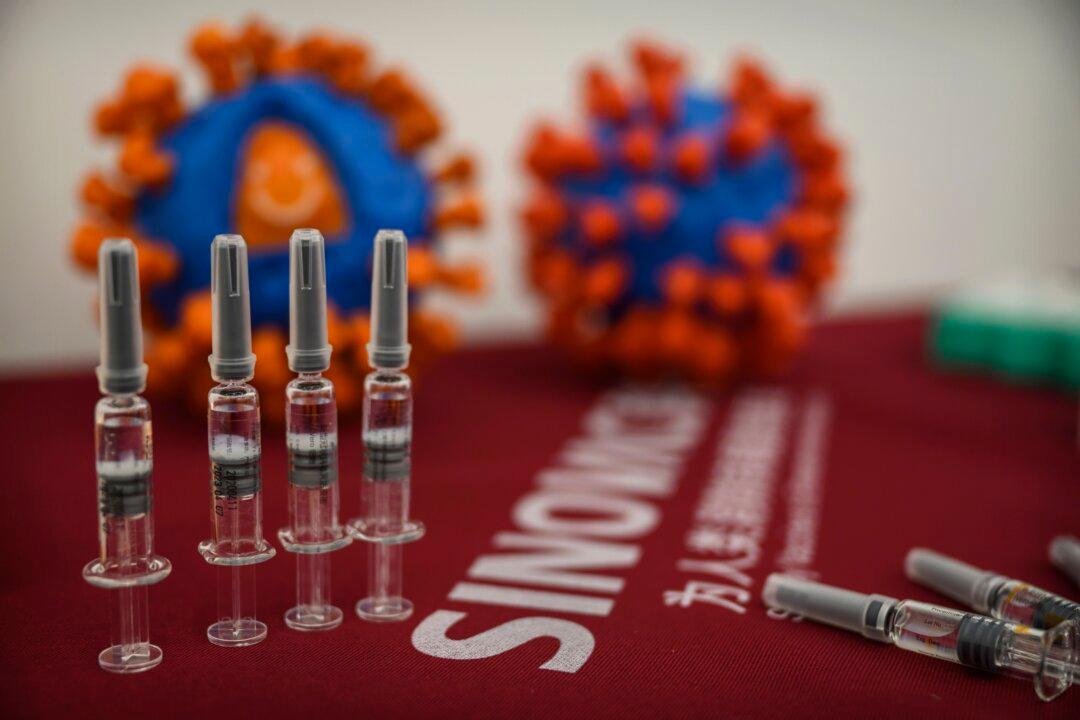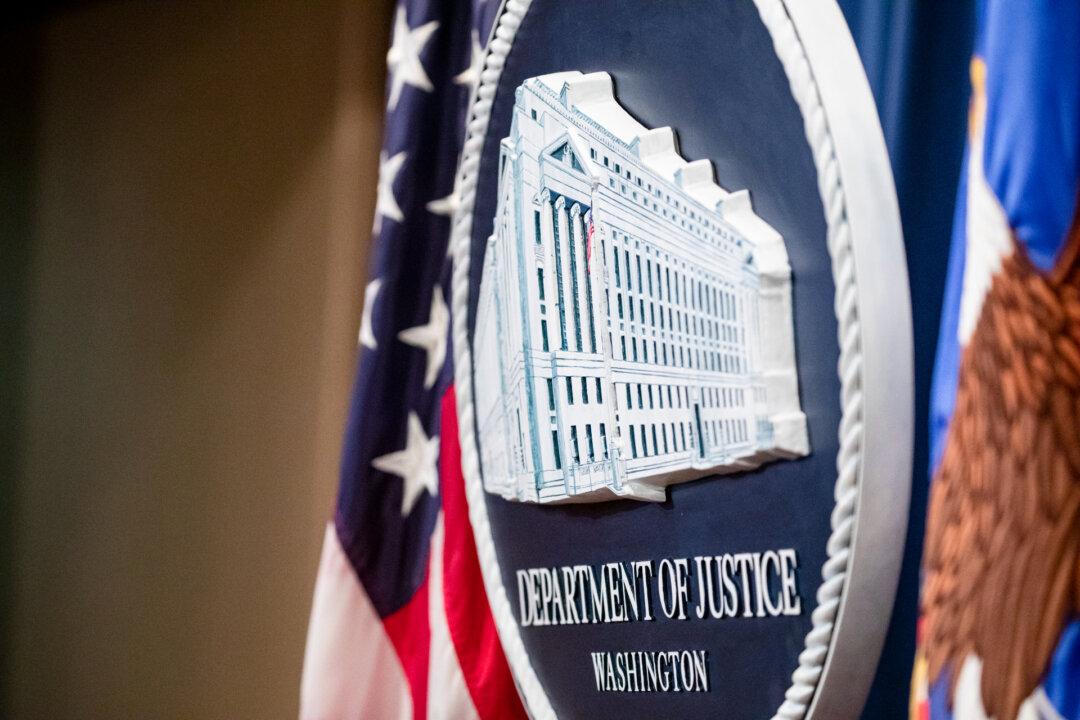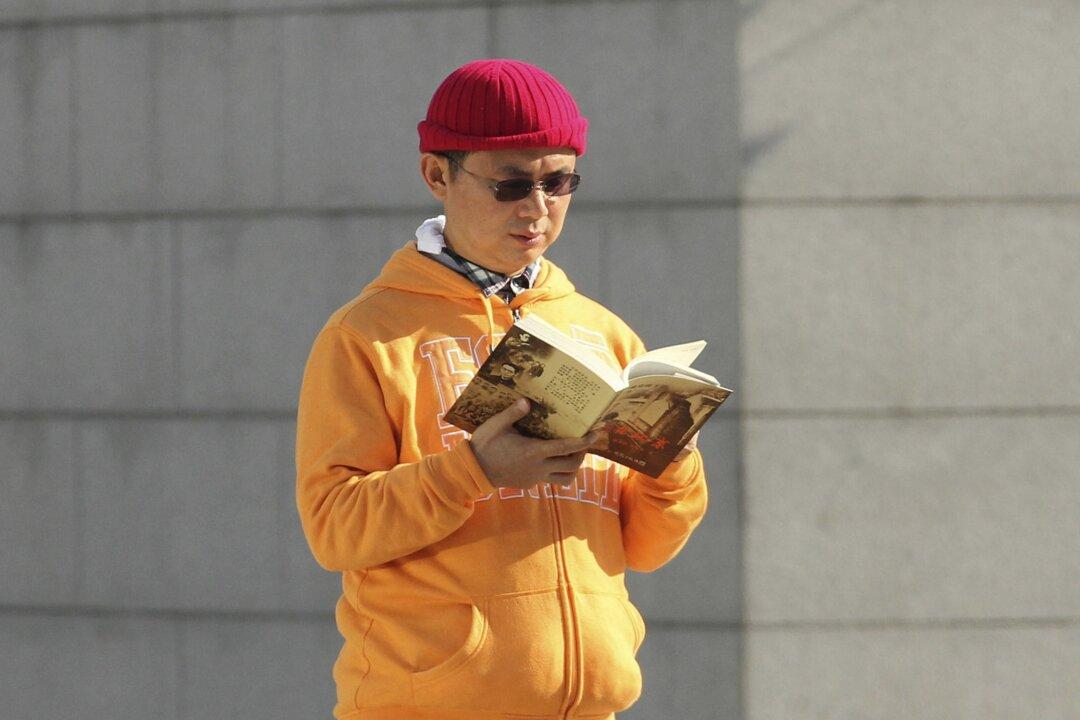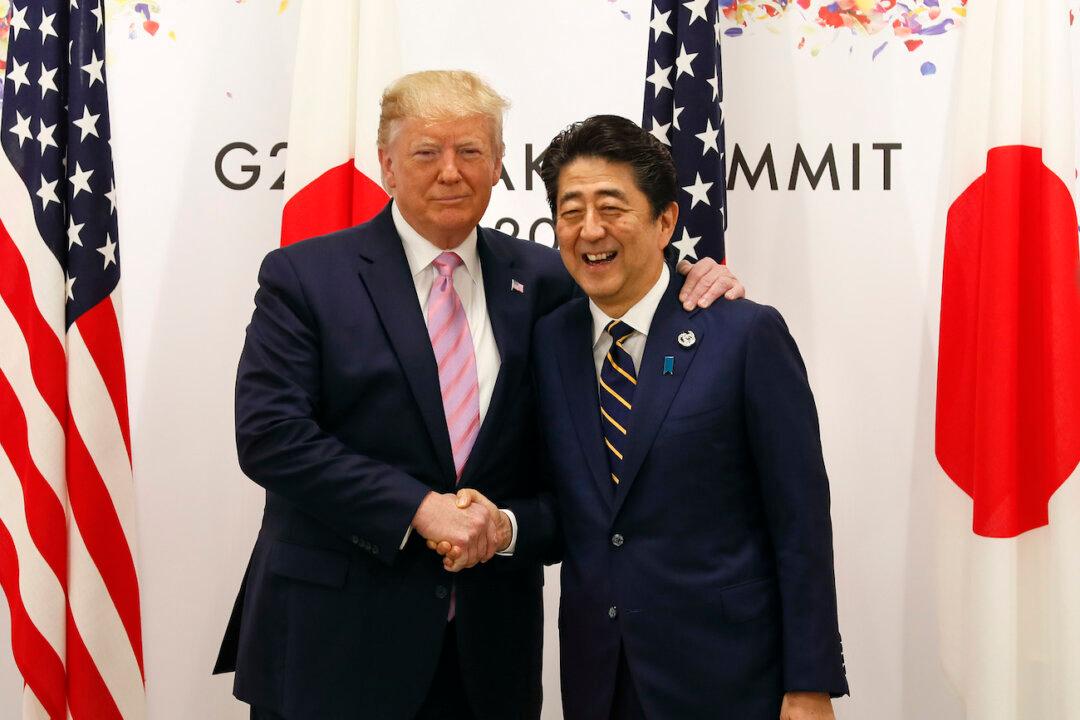Hundreds of Chinese workers overseas have reportedly been infected with COVID-19 despite being vaccinated with Chinese-manufactured vaccines. Experts are raising the alarm as they question the vaccines’ effectiveness.
According to a Dec. 15 story on Radio Free Asia (RFA), at least 16 Chinese employees from a major state-owned enterprise stationed at Lunda Norte province, Angola, were infected with the CCP virus. A Chinese citizen, surnamed Gao, said they all had received the vaccines developed by China’s Sinopharm. Taking the vaccine was a requirement for Chinese citizens working abroad.





